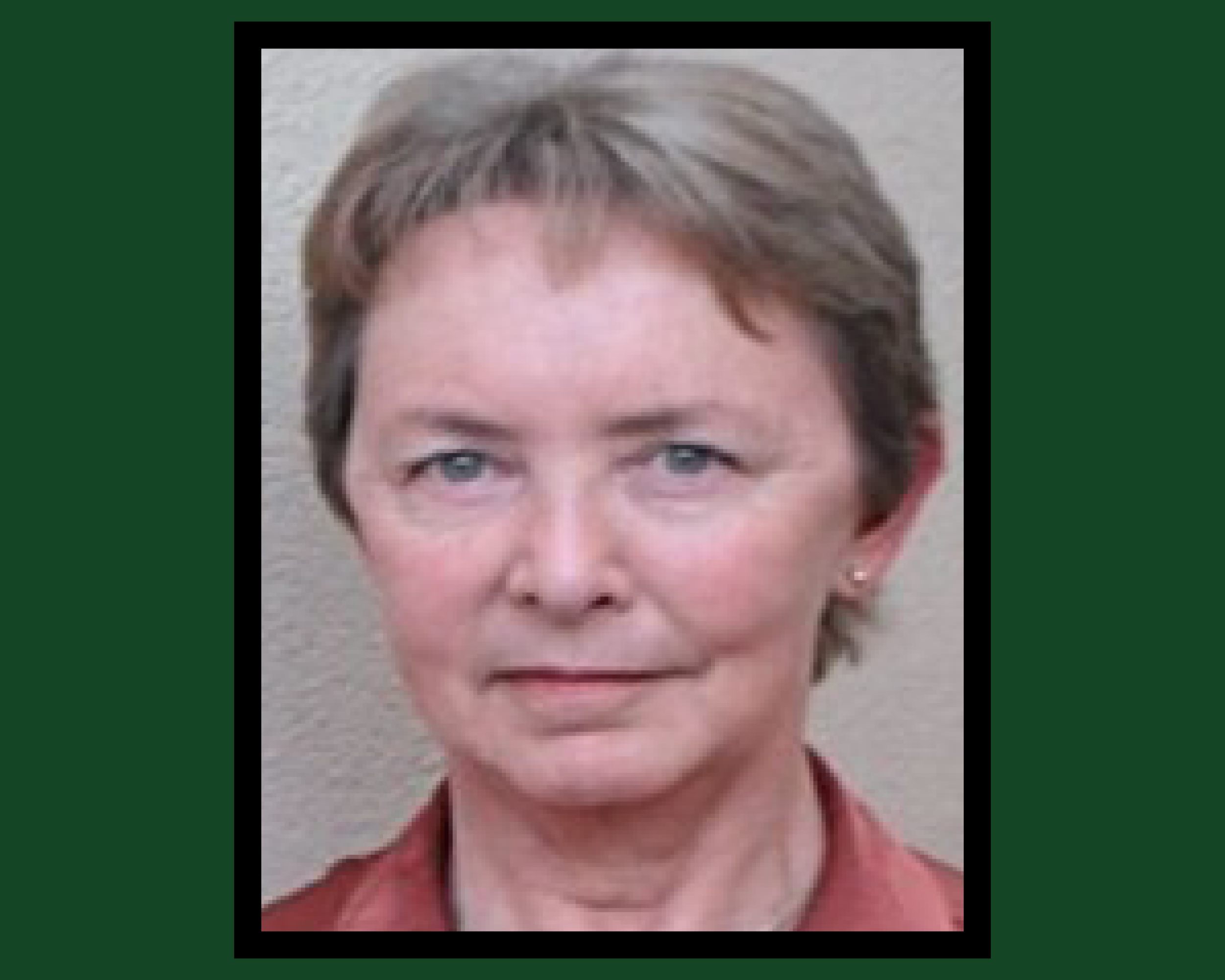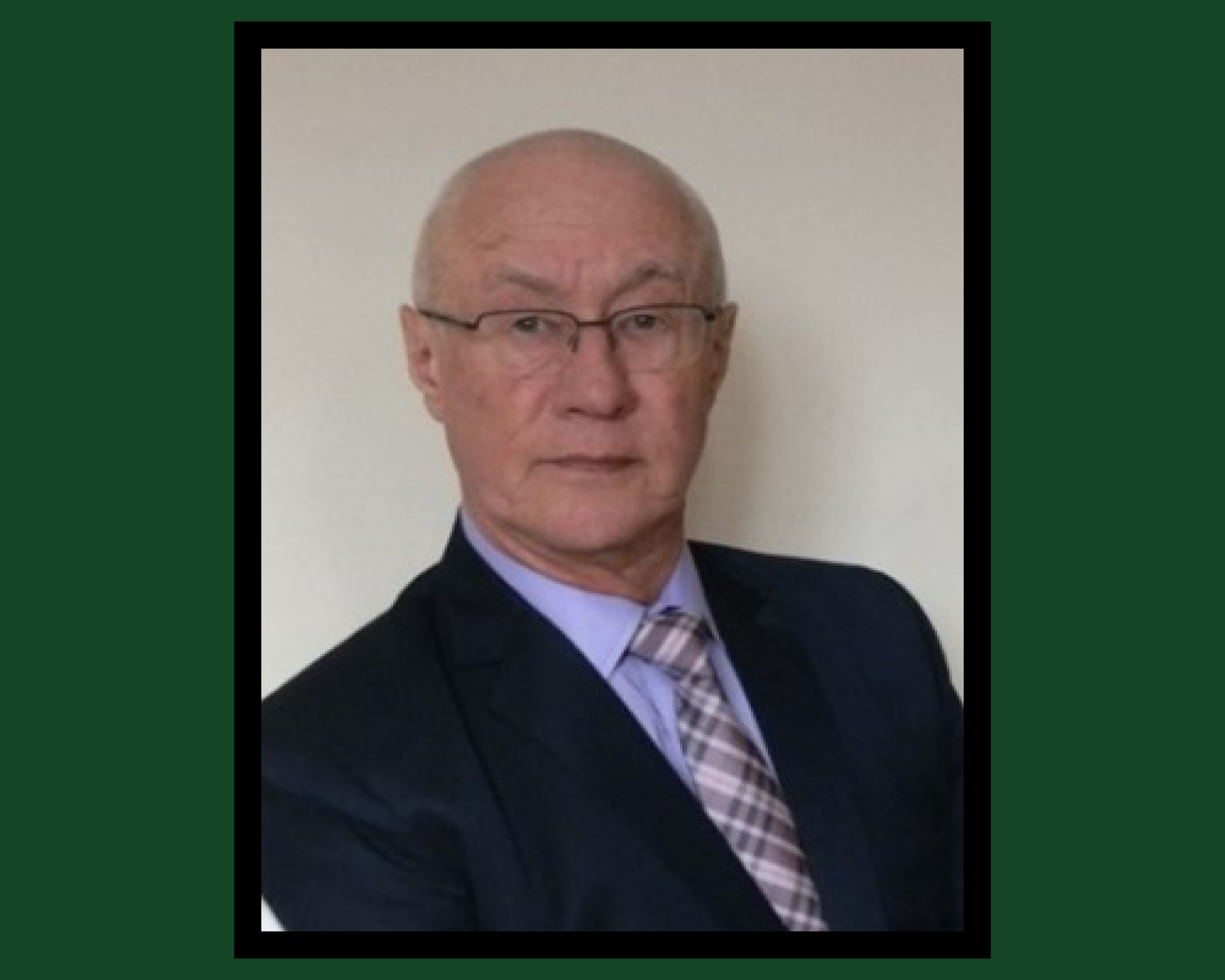Join us January 15-19 as we explore Realist Research in Health and Social Systems: Building Theory and Practice through our presentations and workshops. We’re excited to feature speakers locally and from around the globe to share their expertise and insights. This event is designed to appeal to experts in realist research and newcomers alike and we invite students, researchers, patient partners, clinicians, policy makers and all other interested in this topic to join us at the University of Saskatchewan in Saskatoon.
Our event features two keynote sessions by Dr. Gill Westhorp, an internationally renowned expert in realist methodology, having pioneered multiple approaches to conducting realist research and evaluation. These presentations will be available in person and virtually:
Presentation: Introduction to Realist Research: Bridging Theory and Practice
Monday, January 15, 1:00-3:30 pm | Virtually or in person at Health Sciences Room 1B11
Those attending in person will have the opportunity to take part in a participatory session that will actively engage attendees with realist research concepts! This session will take place in person from 3:30-5:00 pm following the presentation.Presentation: One Small Step for Evaluation, One Big Leap for Decision-Makers: Introducing Realist Economic Evaluation Methods (REEM)
Friday, January 19, 10:00 - 11:30 am | Virtually or in person at Health Sciences Room E1130
Additionally, for those looking to deep dive into realist research, we are offering also three full days of additional presentations and workshops. Presenters will discuss realist research projects regarding COVID-19 vaccination, integrated care pathways, maternal health, long-term care and more. These sessions will be hosted in person:
SOLD OUT …. Workshops: Realist Synthesis, Philosophy and Theory and Realist Evaluation
January 16-18: 8:30am- 4:30pm, January 19: 10-11:30am | In person at Exeter Room Marquis Hall
Note: Presentations (January 15: 1-3:30pm at HLTH 1B11 and January 19: 10-11:30 am at HLTH 1130) will be included in your workshop registration.
There is no cost to attend, however space is limited, so register early!
Realist Research in Health and Social Systems:
Bridging Theory and Practice
Realist research aims to understand how, why, for whom, and under which circumstances interventions work in different contexts. This workshop offers an overview of the realist methodology and its utilization in research addressing a range of health and social systems.
Presenters will discuss realist research projects regarding COVID-19 vaccination, integrated care pathways, maternal health, long-term care, arts-based interventions, and more. The morning sessions will involve presentations by local, national, and international realist researchers. Afternoon sessions will provide opportunities to apply realist concepts.
This workshop will address the following elements of realist research:
realist synthesis and evaluation
program theory development, refinement, and validation
realist interviewing and realist data analysis
For those unable to attend the full week, we are offering keynote sessions on Monday, January 15 and Friday, January 19, featuring internationally recognized researcher, Dr. Gill Westhorp. On Monday, she will present “Introduction to Realist Research: Bridging Theory and Practice” and on Friday Dr. Westhorp will present “One Small Step for Evaluation, One Big Leap for Decision-Makers: Introducing Realist Economic Evaluation Methods (REEM)." REEM seeks to integrate economic evaluation methods with realist evaluation to ascertain what is effective, for whom, under what conditions, at what expense, and with what advantages. To enhance services, outcomes, and value for money in health and social care, the objective of REEM is to provide decision-makers with more accurate information about interventions. This is critical due to financial constraints and the high cost of health and social services. Enhanced decision-making will lead to improved services, superior results, and increased cost-effectiveness.
Dr. Gill Westhorp
Professor Gill Westhorp is an internationally recognised realist methodologist. She is a Professorial Research Fellow at Charles Darwin University, Australia, where she leads the Realist Research Evaluation and Learning Initiative (RREALI) and is an Adjunct Professor at RMIT University, Melbourne. She is co-author of the international Rameses publication standards and quality standards for realist evaluation and realist review, and is a member of the research team currently developing realist economic evaluation methods (REEM). She has led, conducted or advised over 70 research and evaluation projects including 14 realist reviews. She teaches realist methodology at post-graduate level, supervises post-graduate students, and has provided professional development programs in 16 countries. She holds a PhD in Social Research Methods and has developed several methods for realist research and evaluation. Gill is a Fellow of the Australian Evaluation Society and a member of the Advisory Board for the Australian Journal of Evaluation. Widely referenced internationally, she was named in the top 2% of most influential scientists in her field in both the 2022 and 2023 Stanford University listings.
Brenda Andreas
Since 2010, Brenda has actively participated in numerous projects and initiatives as a patient partner, showcasing her commitment to engaging patient voices in health research. Her dedication to patient-oriented research as well as sharing research outcomes with transparency and accountability is evident in her involvement in various publications and presentations at both national and provincial levels.
Brenda Andreas serves as a patient partner representative for various health system organizations in Saskatchewan. Within the Saskatchewan Health Authority (SHA), she holds memberships in several key committees, including the People-Centered Measurement Working Group, Patient Family Leadership Council, Accreditation Oversight Committee, Rural Emergency Stabilization Committee, and the Networks Development Oversight Working Group. As part of the Saskatchewan COVID-19 vaccine initiative, she was also a co-researcher with a patient-oriented research realist evaluation about vaccine uptake in three sites in Saskatchewan. Brenda brings both lived experience as a patient and expertise as a patient partner to health system transformation.
Amir Azizian
Amir Azizian holds a master’s degree in Community and Population Health Sciences from the University of Saskatchewan, and a Doctor of Medicine degree from Tehran University of Medical Sciences, Tehran, Iran. He is a Learning Health Systems (LHS) specialist collaborating with the Clinical Excellence portfolio at the Saskatchewan Health Authority (SHA) since December 2020. He served as an Appropriateness of Care (AoC) specialist and a Saskatchewan Center for Patient-Oriented Research researcher at the Saskatchewan Health Quality Council (HQC) from 2017 to 2020.
Amir’s master's thesis revolved around a patient-oriented realist evaluation of the COVID-19 vaccination campaign in three pilot sites (Regina, Saskatoon, Prince Albert) in Saskatchewan. It entailed the development of program theories to understand contextual factors and causal mechanisms impacting vaccine uptake among recipients and the vaccine delivery process by stakeholders from the SHA who played key roles in planning and administering the vaccines.
In his role as an LHS specialist, Amir is involved in projects aimed at transforming the provincial healthcare organization into an LHS. His work includes the development of the SHA's LHS conceptual model, the SHA’s framework for the development and implementation of clinical pathways, and the SHA’s primer for the development of provincial clinical networks, all of which will be integral in improving healthcare delivery.
Dr. Tracey Carr
Dr. Tracey Carr is an Assistant Professor in the Department of Community Health and Epidemiology at the University of Saskatchewan. Her post-doctoral research encompassed two realist reviews, and she has published in methods journals about realist research. She has years of experience in healthcare evaluation, patient-oriented research, and clinical research. Tracey is passionate about improving patient experiences in healthcare at the provincial level and beyond, which has led her to use realist synthesis and evaluation to answer questions such as what works, for whom, in which circumstances, and why in healthcare settings. She is currently partnering with patients on CIHR funded realist research of integrated care pathways.
Dr. Valery Chirkov
Valery Chirkov is a Professor and a member of the Applied Social Psychology program in the Department of Psychology and Health Studies at the University of Saskatchewan. Dr. Chirkov’s research interests concern the philosophy and methodology of psychological and cultural research, theories of culture for psychologists, and the psychology of immigration and acculturation. About ten years ago, the philosophical paradigm of critical realism became the topic of his thinking and application in research. In 2016, he published a textbook, Fundamentals of Research on Culture and Psychology (Routledge). In this book, he introduced the paradigm of realism to cultural psychology students and researchers for the first time. He published several articles on the application of realism in motivation research in the journal Theory & Psychology, 2018 (with a co-author) and critical analysis of realism in psychology in the journal Theory & Psychology, 2021. Driven by propositions of realism, he articulated the theory of sociocultural models, which was published in the Asian Journal of Social Psychology in 2020. Together with Dr. Groot, he developed and, since 2018, delivered a graduate course on critical realism for students from different disciplines.
Dr. Kirstian Gibson
Kirstian Gibson, Ph.D., is a CIHR Health System Impact Post-Doctoral Fellow working on a realist evaluation that aims to understand why, how, and under what circumstances mutual trust can be built and maintained in healthcare. Although relatively new to realist evaluation, Kirstian recognizes its potential in supporting meaningful change in health systems and appreciates the challenges that arise in realist evaluation when bridging the gap between theory and practice. Embedded in the Saskatchewan Health Authority’s Patient and Client Experience – Program Support and Development portfolio, Kirstian works closely patient partners and health system stakeholders.
Dr. Gary Groot
Dr. Gary Groot is a Professor in the Department of Community Health and Epidemiology.
Gary is the Medical Director of Clinical Quality Improvement for the Saskatchewan Health Authority, Director of Surgical Oncology and Director of Quality, Department of Surgery and Director of Research, Division of General Surgery at the University of Saskatchewan.
Gary’s research interests include health system improvement, cancer research, and Indigenous, community, and patient-oriented health research. Gary is actively involved in realist research in analysis of complex social interventions. Realist research dovetails nicely with patient-oriented research (POR). Much of his patient-oriented research has been supported by POR-specific funding opportunities arising out of the Canadian Institutes of Health Research’s Strategy for Patient-Oriented Research, as well as frequent partnerships with the Saskatchewan Centre for Patient-Oriented Research (SCPOR).
Dr. Maura MacPhee
Maura is a recent nursing professor emerita with the University of British Columbia, Vancouver. She is a health services researcher who uses realist approaches in her research and to support doctoral and post-doctoral students’ research. Maura is currently a ‘virtual’ research team member for an NIHR-funded realist synthesis and evaluation being conducted with colleagues from UK universities, including Aston and Oxford Universities. She has been part of this UK research team for the past three years and has also worked with Drs. Gary Groot and Tracey Carr on realist evaluation of Saskatchewan-based Sanctum projects for vulnerable populations. She has published with realist research teams in the areas of learning and health innovation sustainability, medication optimization of community dwelling service users with serious mental illness, and violence prevention of violence prevention education in healthcare.
Dr. Elizabeth Quinlan
Elizabeth Quinlan is a Professor in the Department of Sociology at the University of Saskatchewan. Her research program spans the broad areas of workplace harassment, sexual violence, and labour history. The program’s coherence is guided by the use of arts-based forms of expression as a tool to challenge, resist and transform systemic oppression. She has received a University of Saskatchewan Students’ Union Teaching Excellence Award and an Equity Award from the Canadian Association of University Teachers. Recently, Quinlan and her colleagues were awarded the 2021 SAGE Prize for Innovation and Excellence for their publication in Work, Employment and Sociology in which they report the results of their critical realist evaluation of a theatre-based intervention to address workplace harassment with healthcare workers.
Candace Skrapek
My background as a retired health care provider, administrator and nursing educator combined with my own health challenges and experiences as a patient have led to my involvement as a patient partner in Saskatchewan health research initiatives. As an engaged patient partner who is also well-versed in the healthcare system, I am able to bring a unique perspective to health research that contributes to improved research quality, relevance and cost effectiveness. I have been involved with the Saskatchewan Centre for Patient-Oriented Research (SCPOR) since its beginning in 2015, including engagement on SCPOR’s governing board, Patient Partner Advisory Council, Learning Health Systems Council and a number of research teams. I am also a patient partner with the Saskatchewan Health Authority, focusing particularly on the development and implementation of Patient-Reported Experience Measures (PREMS) and Patient-Reported Outcome Measures (PROMS). I am an active community volunteer with the Saskatoon Council on Aging and have a special interest in improving the quality of life of older adults.
Dr. Nadege Sandrine Uwamahoro
Nadege Sandrine Uwamahoro (MSc, PhD) holds a doctorate in public health from the University of Newcastle. Her expertise lies in health behavior change interventions in Low- and Middle-Income Countries (LMICs), focusing on theory-driven and participatory approaches. Her doctoral research involved a realist-informed mixed methods study exploring contexts and mechanisms impacting health service delivery and access for young people with HIV in southern Malawi. This work generated a tailored theory of change for youth-friendly antiretroviral treatment services. Post-PhD, Nadege has overseen realist research on maternity waiting homes for the Mozambique-Canada Maternal Health Project (MCMHP). This endeavor resulted in a comprehensive program theory for maternity waiting homes, grounded in evidence from LMICs. Presently, she leads a realist evaluation comparing three newly constructed maternity waiting homes by the MCMHP with three established ones in Inhambane province, aiming to test the program theory.














